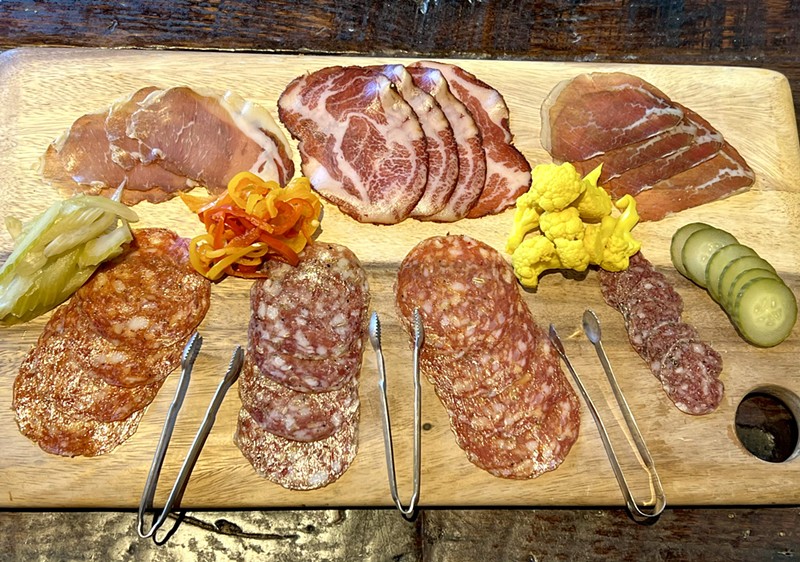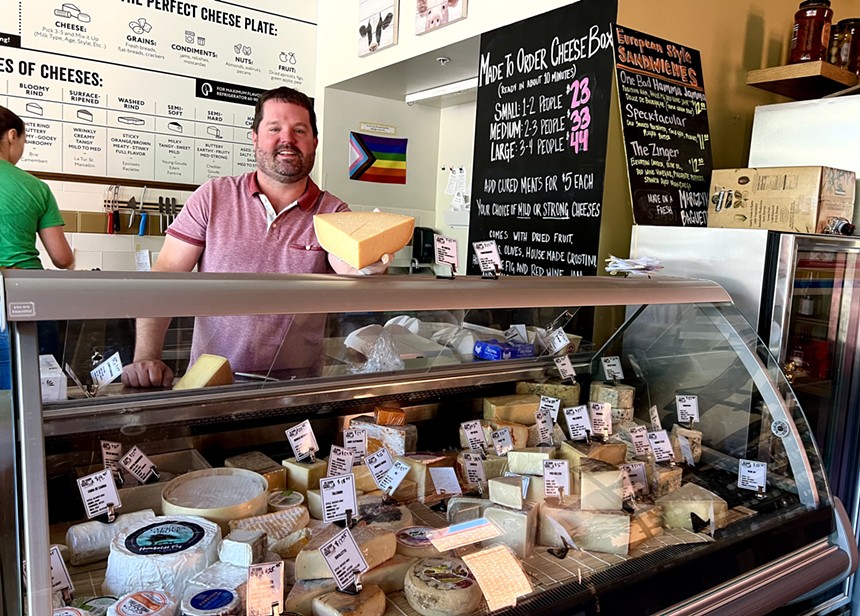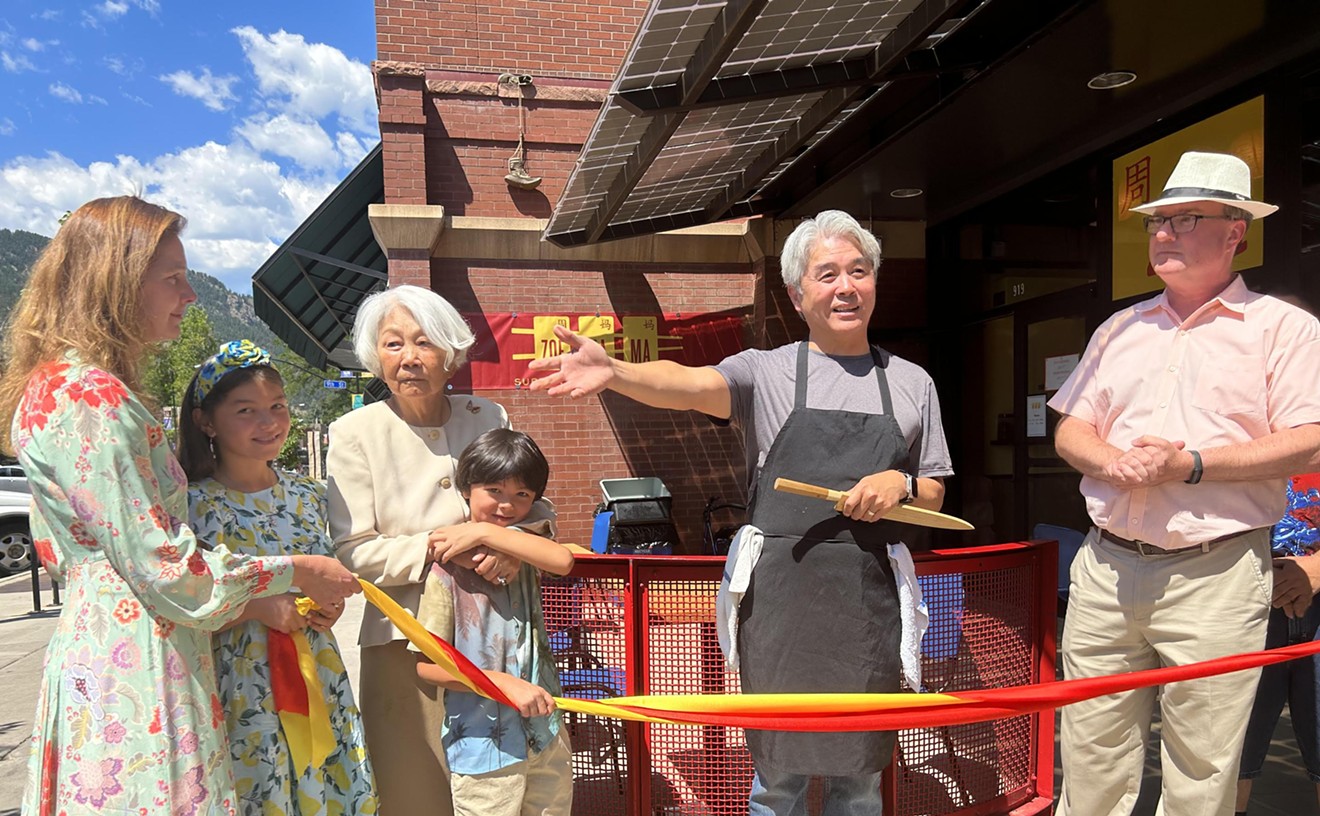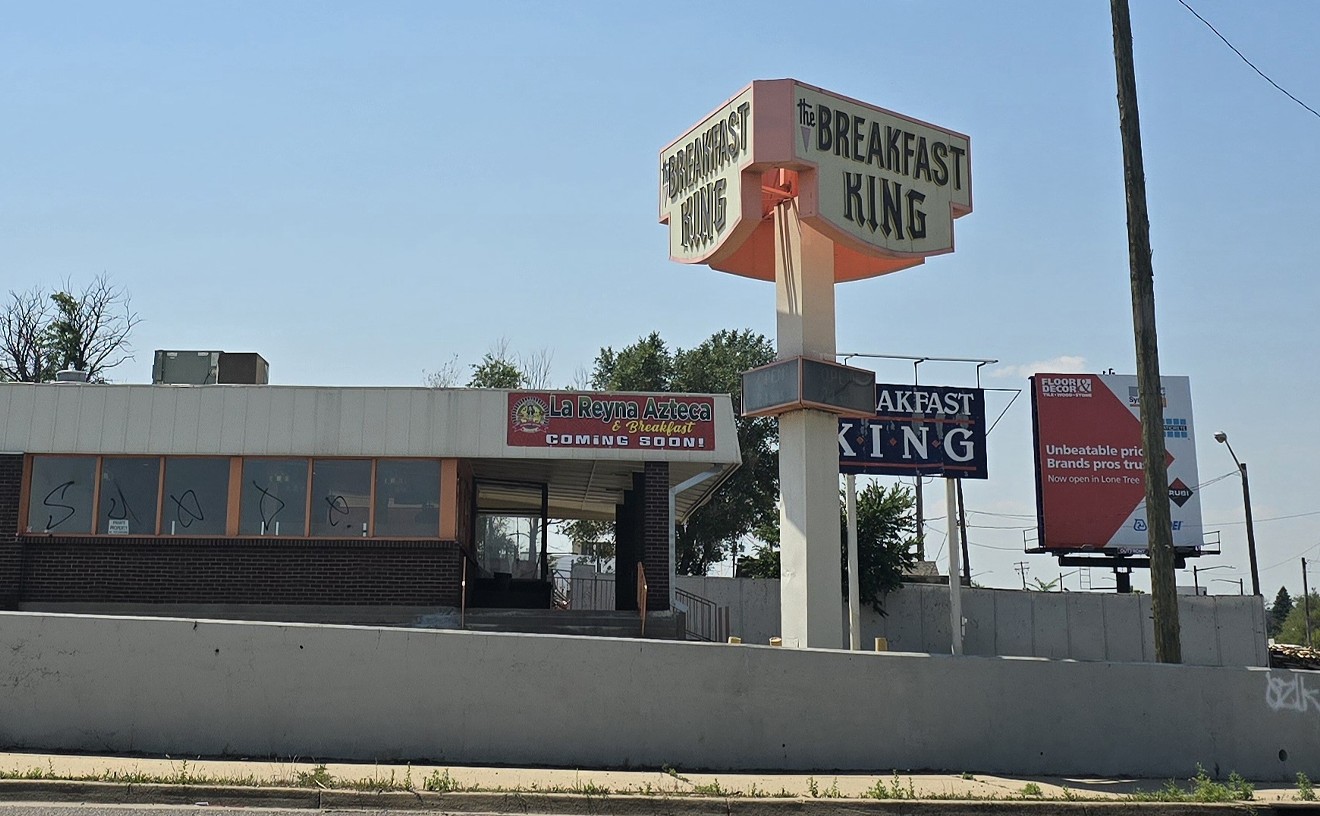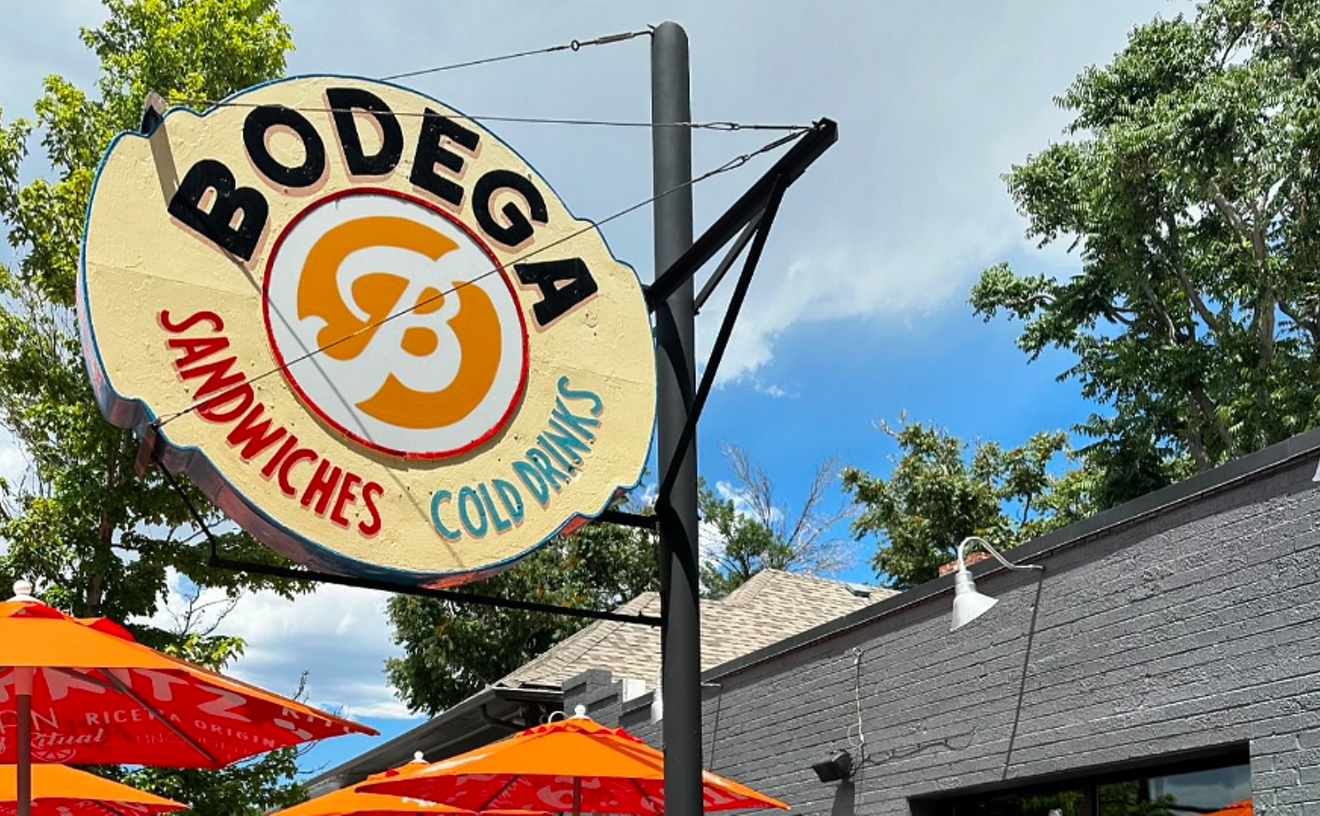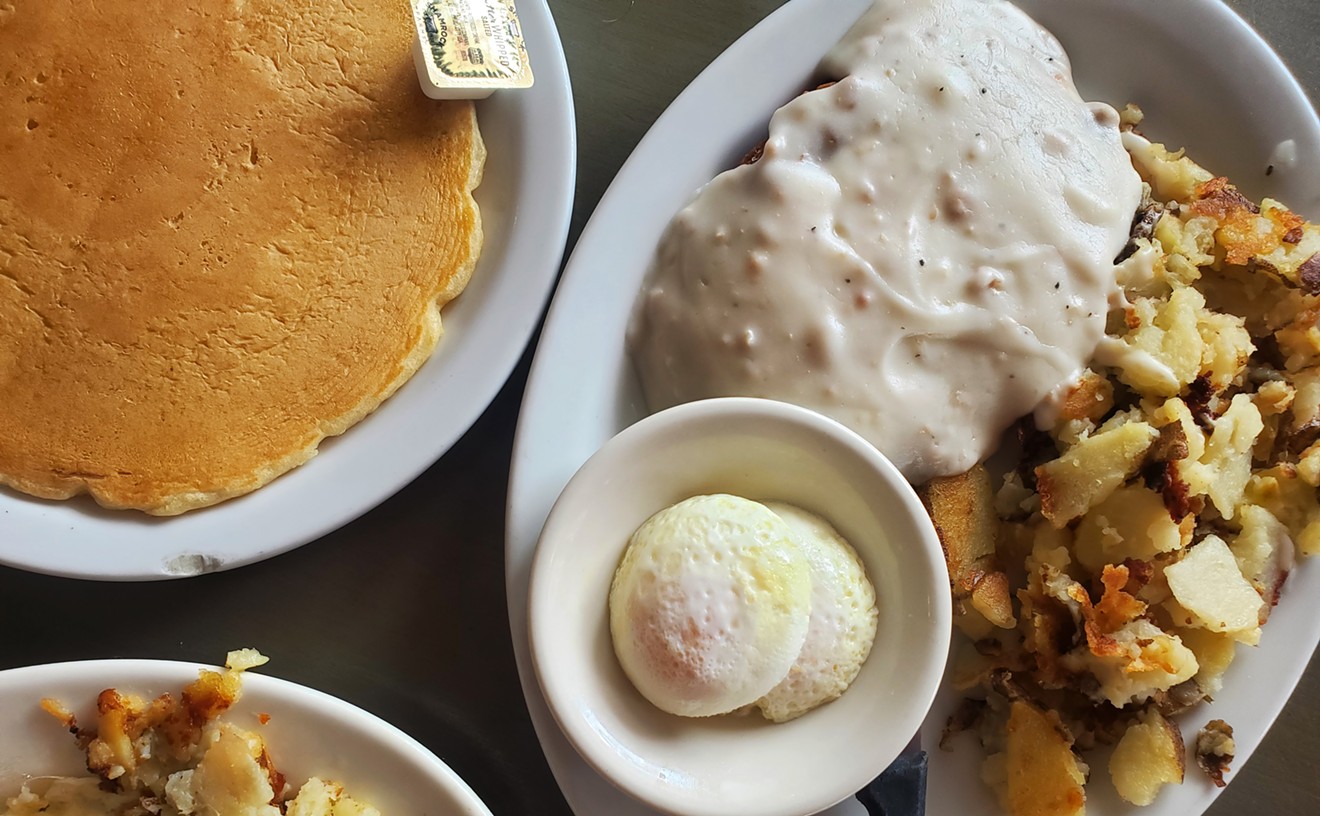Pictures of elaborate boards overflowing with meat and cheese and embellished with edible flowers have taken over social media feeds the past few years. But it wasn’t until I stumbled upon a pickle charcuterie board — yes, made with only pickles — that the extent to which Americans have butchered (can we please stop calling it "shark-coochie"?) and, perhaps, redefined the term "charcuterie" became clear.
“Charcuterie should just be about meats,” explains Bill Miner, chef and owner of Il Porcellino Salumi, who has dedicated his career to skillfully crafting and curing artisanal meats. “We do charcuterie boards and takeout boards here and include cheese as well. But the term 'charcuterie' is specific to curing meats. You’ll see some of these people online doing ‘charcuterie boards' that are dessert boards. What we do is all about cured meats here.”
Mike Keuler, founder of So Damn Gouda, a cheese shop in Sunnyside with over ninety cheeses on hand, agrees. “[The term is] horribly misused and completely wrong," he admits. "It’s like calling something black when it’s white. Until a few years ago, we kinda fought it and were correcting people. It’s gotten so much more popular that we finally quit trying to tell people what the word means — cured meats, not cheese. The misuse of the term personally bothers me, but it is what it is at this point. People refer to basically anything on a tray as a charcuterie board.”
The American evolution of the term is such a driving force nowadays that even basic business decisions are impacted, according to Melanie Flint, owner of Cheese Meat Board, a delivery service that recently opened a brick-and-mortar shop at 2054 Broadway. “When we first launched this, we put on our website how to pronounce [charcuterie] and the definition of it so that people knew what they were looking for, but it’s also why we named our company Cheese Meat Board,” Flint notes. “No one will Google charcuterie because they probably can’t spell it. They’ll say, 'I want a cheese meat board,' and so you’ll find us when that’s what you search.”
While employees were confined to their homes during the pandemic, corporations got creative with Zoom happy hours and requested deliverable cheese and charcuterie snack boxes. “The one thing that changed for our business during the pandemic was the individual-sized box," Keuler recalls. "I call it 'adult Lunchables.'”
Flint saw the same kind of growth. "We did a ton of virtual events for corporate clients that wanted to have happy hours,” she says. “We would send thirty boxes out around town to different houses so they could all have their little Zoom meeting with great snacks.”
Through these new deliverable options, many customers were reintroduced to the simplicity and joy of consuming one of humanity’s oldest food pairings: cheese and meat. “There has definitely been a rise in popularity, and I hope that just having it as an option has contributed to that,” Flint adds. “It’s kind of a chicken/egg thing: People didn't know that they wanted it until they saw that it was available. That’s my theory.”
As people slowly began to reconnect in group settings, the desire to re-create the boards also increased. “Most high-end restaurants, for example, will never be as good at home," Keuler notes. "A really nice plate of food is not meant to be eaten later at home, whereas a cheese and cured meat plate can stand by itself."
Il Porcellino has also seen an uptick in meat sales for home use. “With the pandemic, our restaurant sales declined, but retail sales increased, which balanced it out for a while," Miner explains. "We cannot keep up with the demand. We’ve outgrown what we do in the last couple of years and are trying to figure out our next steps for growth. It's interesting — we get people that reach out to us wanting to do classes to teach about how we make charcuterie. We do them a couple of times a year, where we break down a pig and show them how to do things.”
So, as boards have become more popular, have customers' palates become more sophisticated? "Not here," says Nicolas Farrell, co-owner of Mondo Market inside Stanley Marketplace. “Which is why our team is extremely valuable to our community and myself," he adds. "In-house, we have a policy of just eat everything — try stuff. When we have cheese, everyone eats it; everyone talks about it. There’s a lot of data when it comes to cheese and charcuterie, and I love those nuances, but the main thing we need to communicate to our guests is our experience: What does it taste like? What do you like, or not like, about this cheese? And tell them a little bit of a story: What kind of milk is it? Where does it come from?”
Even a brief description can be a catalyst for future interactions. “Our intention is that you'll come back and love what we do because it’s just sharing our gifts," Farrell continues. "We have this gift in communication and this gift in hospitality and food. It’s our objective that every cheese board we produce is a summation of the conversations that we have had. We want to make your life easy and we want to make it delicious, and we want you to come back and do it again.”
With decades of food experience among them, one concept that Miner, Keuler, Flint and Farrell all agree on is that food on boards should be approachable for customers. “Somebody may think of the word 'charcuterie' and think of a fancy restaurant thing, but you can get something from me for as low as $13," Flint notes. "That’s pretty doable for most people who want to treat themselves to something nice or new.”
Keuler agrees. “We’re cheese professionals here," he says. "We don't just make cheese trays — it’s a huge portion of our business, but at the same time, we pride ourselves on knowing the products and obscure cheeses.”
While producing stunning and easy-to-grab picnic snacks or date-night spreads is now a common practice for these business owners, the scalability of cheese and charcuterie is equally exciting when creating large grazing tables for events. Reminiscing about a recent creation for 1,300 guests at Stanley Marketplace, Farrell says, “The reaction is that people take pictures and don’t want to touch it. We do take it in; it’s a visual. But then we eat the hell out of it, and that’s what we should do," he says. "It’s also why we don't put a lot of labels on our tables. If you get too much information, you have to think about it too much, and it’s not that complicated. It’s food, and it’s meant to be consumed.”
Whether treating your pup to a Charpoocherie Doggy Box from Cheese Meat Board, stopping by So Damn Gouda for hard-to-find Alpine-style Toggenburg, grabbing your cheese-loving toddler one of Mondo Market’s Kids Meat + Cheese Plates or savoring the quality Colorado pork used in Il Porcellino Salumi’s finocchiona salami, one thing is certain: Whether it’s labeled as charcuterie or not, Denver’s meat and cheese suppliers are some of the best and most talented in the nation. “The business of making American charcuterie is booming like artisan cheesemaking did 25 years ago," Miner concludes. "It’s very hip. It’s very popular. And I don't see it changing anytime soon. I feel like we hit it at the right time — kinda dumb luck."
Clearly, the use of the term "charcuterie board" is evolving and expanding, but one undeniable truth still stands: We'll never get bored of exploring a variety of delicious cured meats, specialty cheeses, pickled vegetables and seasonal fruit piled high on a wooden slab.
[
{
"name": "Air - MediumRectangle - Inline Content - Mobile Display Size",
"component": "12017618",
"insertPoint": "2",
"requiredCountToDisplay": "2",
"watchElement": ".fdn-content-body",
"astAdList": [
{
"adType": "rectangle",
"displayTargets": "mobile"
}
]
},{
"name": "Editor Picks",
"component": "17242653",
"insertPoint": "4",
"requiredCountToDisplay": "1",
"watchElement": ".fdn-content-body",
"astAdList": [
{
"adType": "rectangle",
"displayTargets": "desktop|tablet"
},{
"adType": "rectangle",
"displayTargets": "desktop|tablet|mobile"
}
]
},{
"name": "Inline Links",
"component": "18838239",
"insertPoint": "8th",
"startingPoint": 8,
"requiredCountToDisplay": "7",
"maxInsertions": 25
},{
"name": "Air - MediumRectangle - Combo - Inline Content",
"component": "17261320",
"insertPoint": "8th",
"startingPoint": 8,
"requiredCountToDisplay": "7",
"maxInsertions": 25,
"watchElement": ".fdn-content-body",
"astAdList": [
{
"adType": "rectangle",
"displayTargets": "desktop|tablet"
},{
"adType": "rectangle",
"displayTargets": "desktop|tablet|mobile"
}
]
},{
"name": "Inline Links",
"component": "18838239",
"insertPoint": "8th",
"startingPoint": 12,
"requiredCountToDisplay": "11",
"maxInsertions": 25
},{
"name": "Air - Leaderboard Tower - Combo - Inline Content",
"component": "17261321",
"insertPoint": "8th",
"startingPoint": 12,
"requiredCountToDisplay": "11",
"maxInsertions": 25,
"watchElement": ".fdn-content-body",
"astAdList": [
{
"adType": "leaderboardInlineContent",
"displayTargets": "desktop|tablet"
},{
"adType": "tower",
"displayTargets": "mobile"
}
]
}
]

